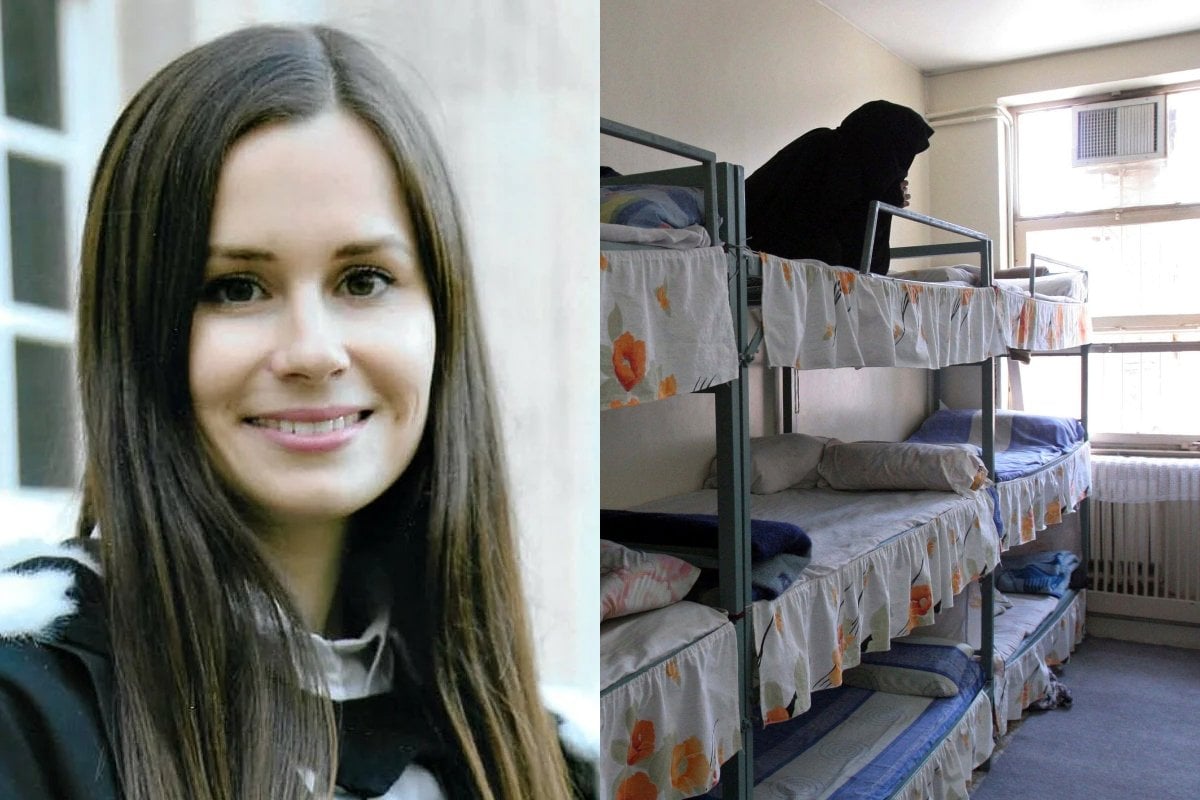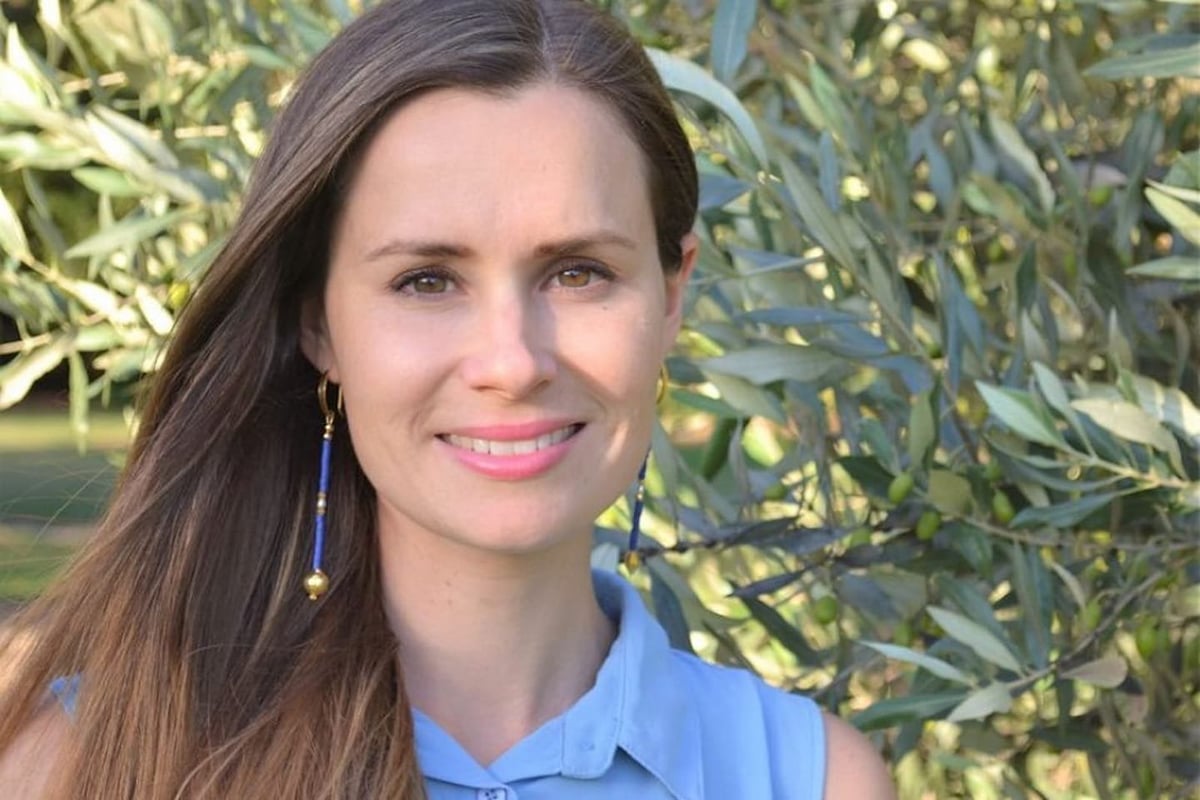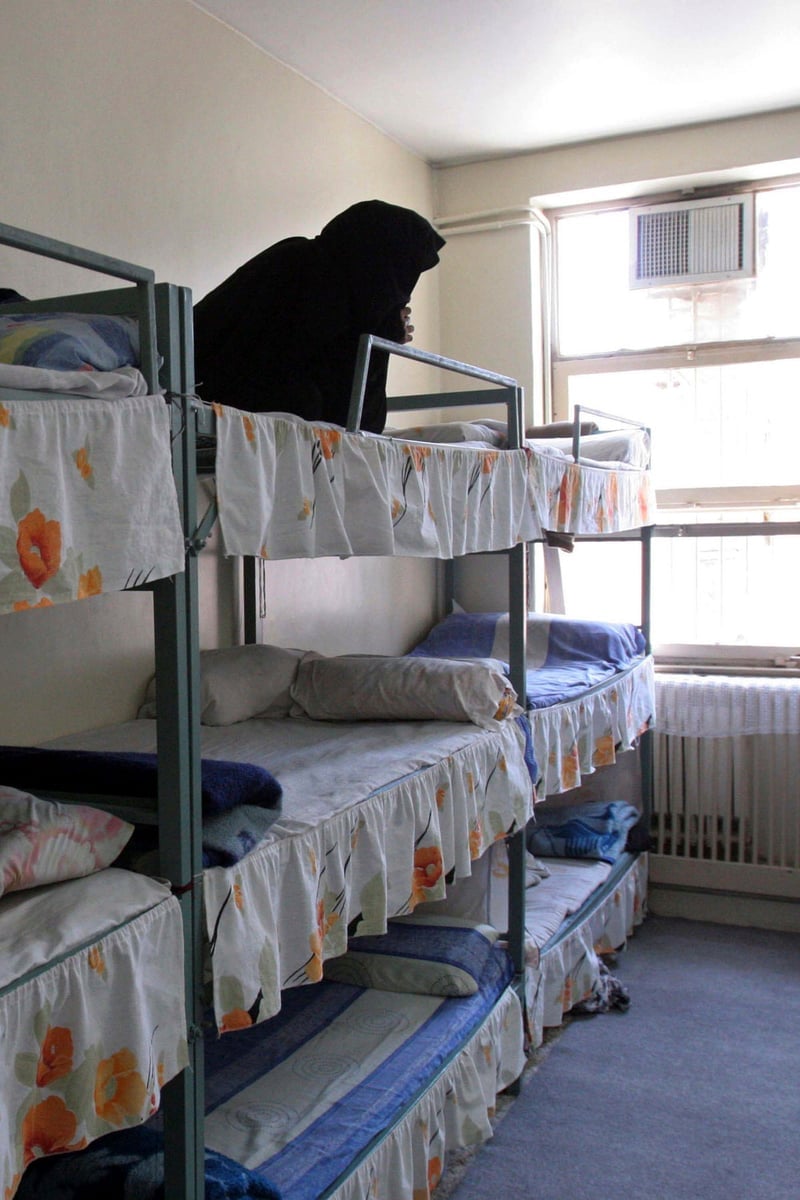
For most of the 804 days she spent imprisoned, British-Australian academic Dr Kylie Moore-Gilbert woke up in Iran's notorious Evin Prison.
The 33-year-old Melbourne University academic was released this week after 26 months detained and will soon be reunited with her family in Australia.
Moore-Gilbert was a lecturer on Middle Eastern studies at the University of Melbourne's Asia Institute when she was arrested at a Tehran airport while trying to leave the country after a conference in 2018.
She was sent to Evin prison, convicted of spying and sentenced to 10 years behind bars. No evidence of Moore-Gilbert’s alleged crimes has ever been publicly presented, and she vehemently denied the charges and maintained her innocence.
From her arrest to July 28, 2020, Moore-Gilbert was held in Evin Prison. In recent months, she was transferred to the remote Qarchak Prison, east of Tehran, as fears escalated over the spread of the coronavirus in the country's notoriously crowded prisons, but she was reportedly transferred back to Evin on October 29.
 Image: Facebook.
Image: Facebook.


Top Comments